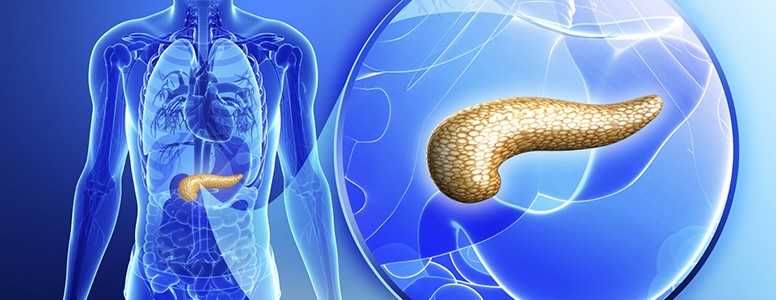A new study suggests that sleepiness in the day and taking naps for an hour or longer can raise the risk of type 2 diabetes.
The research, presented at the 51st Annual Meeting of the European Associatio, was conducted by scientists from the University of Tokyo.
The effects of napping were assessed in over 200 studies that involved a total of 261,365 participants. The research looked to elaborate on previous studies that suggested short naps could be beneficial – the National Sleep Foundation advocate short naps of 20-30 minutes to improve alertness and mood.
Participants were asked to self report their daytime sleepiness and napping, while questions were asked of the participants to assess their sleep habits.
Excessive daytime fatigue was associated with a 56 per cent increased risk of type 2 diabetes. Additionally, the risk increased by 46 per cent among those who took a regular daytime nap for longer than 60 minutes. Short naps did not increase the risk.
Dr Tomohide Yamada, University of Tokyo, said: “Entering deep slow-wave sleep and then failing to complete the normal sleep cycle can result in a phenomenon known as sleep inertia, in which a person feels groggy, disoriented, and even sleepier than before napping.
“Although the mechanisms by which a short nap might decrease the risk of diabetes are still unclear, such duration-dependent differences in the effects of sleep might partly explain our findings.”
Yamada added that obstructive sleep apnea, a nighttime sleep disturbance, could also be responsible for daytime napping.
“Epidemiological studies have shown that obstructive sleep apnoea is independently linked to blockages (ischaemia) of heart arteries, stroke, fatal and non-fatal cardiovascular events, and all-cause mortality,” said Yamada.
What's new on the forum? ⭐️
Get our free newsletters
Stay up to date with the latest news, research and breakthroughs.






